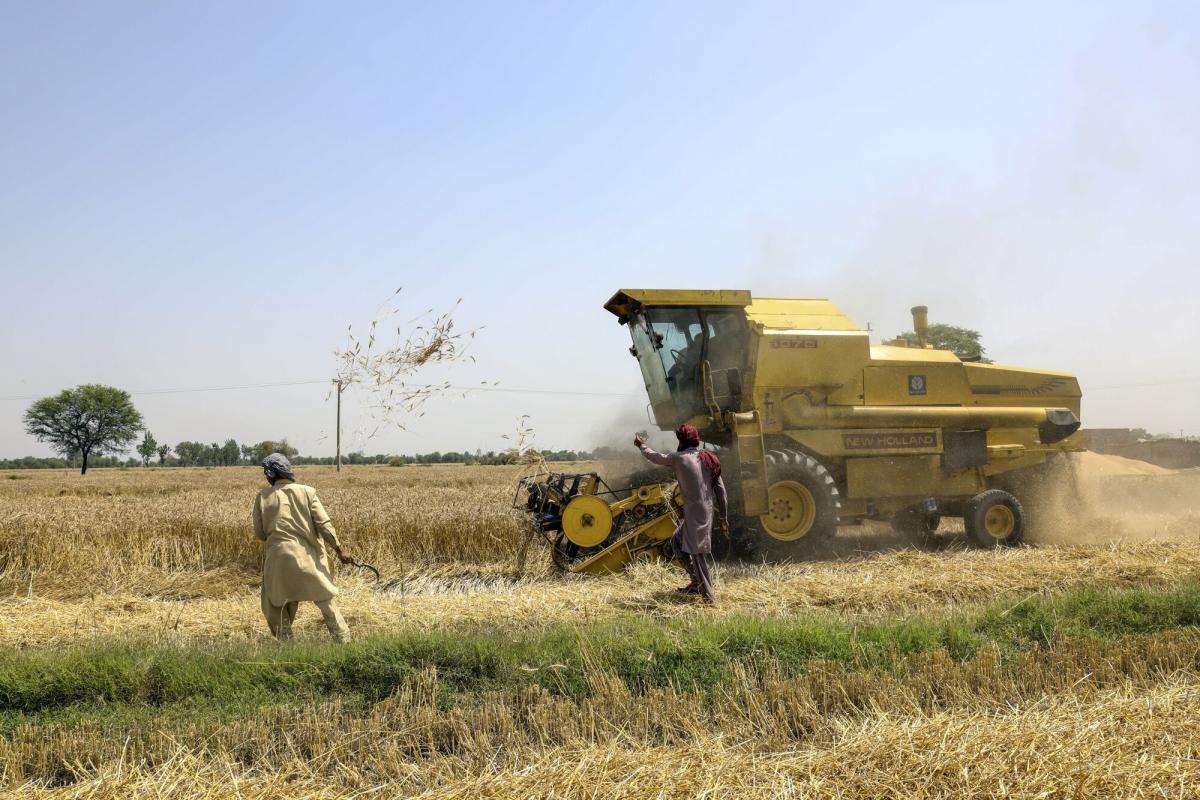Pakistan’s economic growth slowed down in the fiscal second quarter due to record-high interest rates that affected businesses and reduced consumer demand. The Pakistan Bureau of Statistics reported that gross domestic product expanded by 1% in the October-December period compared to a year ago, lower than the median estimate of 1.8% in a Bloomberg survey. The National Account Committee also revised upward economic growth for the previous quarter to 2.5% from 2.13%.
In terms of sectors, agriculture saw growth of 5.02% from a year ago, while industry contracted by 0.84%. Despite efforts to avoid a sovereign default last year, the economy has remained fragile, with Prime Minister Shehbaz Sharif seeking a new loan from the International Monetary Fund (IMF) to support the economy and bolster Pakistan’s foreign exchange reserves.
The IMF has lowered its GDP forecast for the current fiscal year to 2% from 2.5% due to weaker domestic demand, but the State Bank of Pakistan is more optimistic, citing better farming and industrial output supporting the economy. Last fiscal year, Pakistan experienced a rare contraction of 0.17%. The nation continues to heavily rely on IMF aid, with $24 billion in external financing needs in the fiscal year starting July, about three times its foreign exchange reserves.
Despite this fragility, however, there are some bright spots for Pakistan’s economy. For example, agriculture has been growing at a robust pace over recent years thanks to improved irrigation systems and modern farming techniques being adopted by farmers across the country.
In addition, industry has shown signs of recovery after contracting during the pandemic years. According to data from Pakistani authorities, exports have increased by around 47 percent since January compared with the same period last year.
However, despite these positive signs, Pakistan’s debt burden remains high and significant challenges lie ahead if it is to achieve long-term economic stability and growth.
To address these challenges head-on, Prime Minister Shehbaz Sharif recently announced plans to implement several reforms aimed at improving governance and reducing corruption in key areas such as land acquisition and tax collection.
These reforms could help boost investor confidence and attract more foreign investment into Pakistan’s struggling economy.
Overall, while Pakistan’s economic situation remains challenging at present time but there are some positive developments happening that could lead towards long term sustainable growth if implemented effectively
